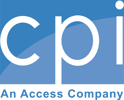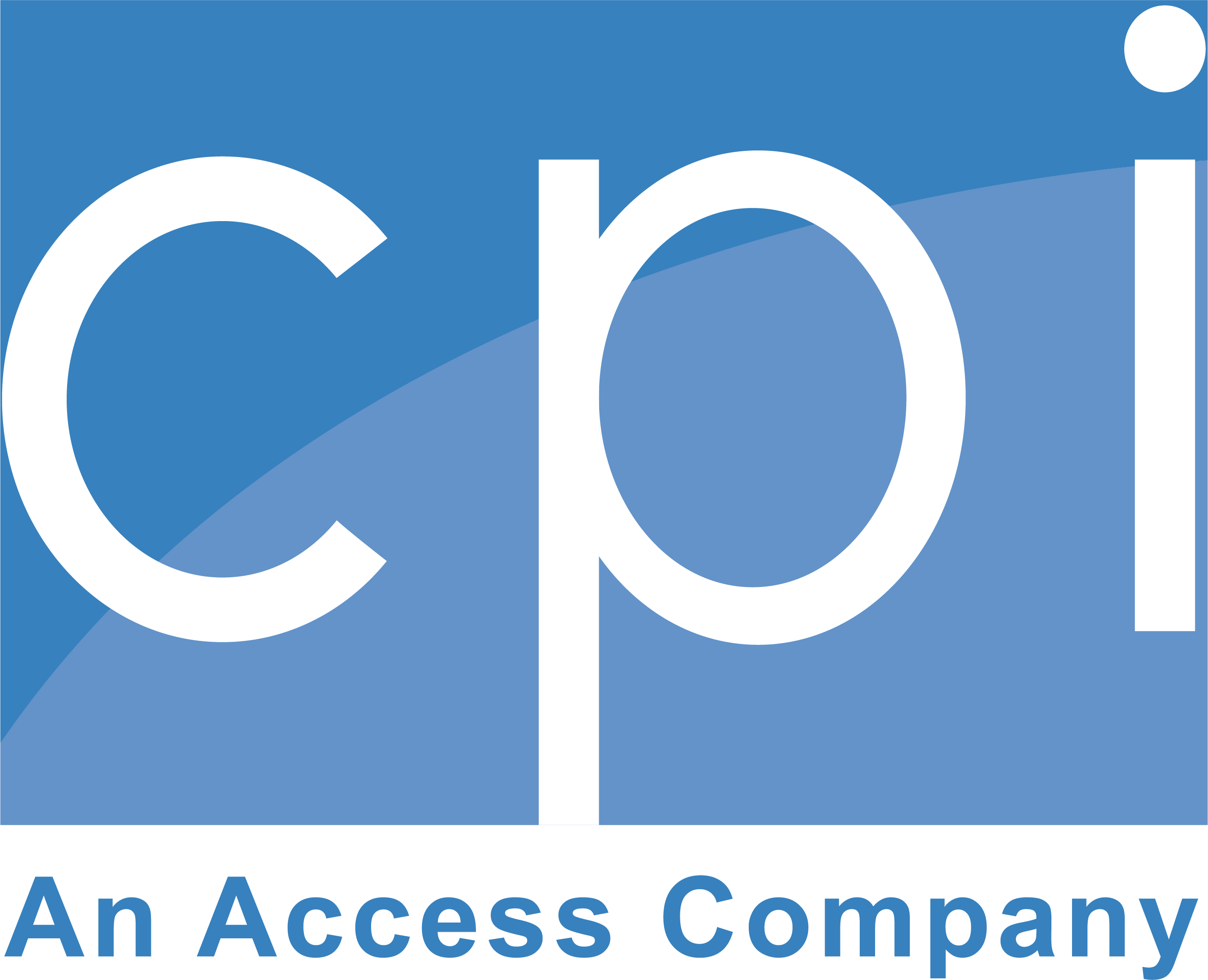The calendar year is coming to a close, and that means that so is the tax year. If you’re interested in purchasing equipment for your business, now is a great time to take the leap, especially because you can benefit from a tax deduction through Section 179. Learn more about this tax deduction and how you can factor it into your end-of-year budgeting.
What Is the Section 179 Tax Deduction?
Section 179 of the U.S. Internal Revenue Code provides an opportunity for businesses to deduct the full purchase price of certain business purchases in the same year of the purchase, lowering their amount of taxable income. For many businesses, this immediate savings is a welcome alternative to bonus depreciation, which is a gradual process.
Section 179 has been a permanent fixture of the federal tax code since 1958, though it has evolved significantly over the years. Today, the deduction serves as an incentive for small businesses to invest in equipment they need to grow and succeed. This helps businesses and, in turn, stimulates the economy.
To expense a purchase under Section 179, you’ll need to fill out Part 1 of IRS form 4562. This Section 179 tax deduction form is also used for other depreciation and amortization deductions.
What Can Your Business Write Off Under Section 179?
The 179 tax deduction applies to tangible property you use for business purposes. For example, you could write off:
- Vehicles
- Office equipment such as phone systems, printers, or interactive displays
- Office furniture
- Off-the-shelf software
- Qualified improvement property such as HVAC upgrades or new security systems
You may be able to find Section 179 tax deduction lists online with suggested uses for your industry. Companies across a variety of industries can use this deduction because it applies to a wide range of purchases.
There are a few considerations to keep in mind as you plan to use the Section 179 deduction. The item(s) you purchase:
- Can be new or used. As long as it’s new to you, you can take advantage of Section 179. This is great news for companies looking to make some upgrades while sticking to a tight budget.
- Must be for business purposes. Remember, Section 179 is intended to help businesses. So whatever you purchase, you must use it for business purposes (as opposed to personal use) at least half the time. If you only use equipment for business part of the time, you can only deduct part of the price.
- Are subject to certain limits. There are some limits on the size of the expense you can deduct. In 2021, the limit for the total amount you can write off is $1,050,000, and the limit to the total amount of the equipment purchased is $2,620,000.
How Can Your Business Make the Most of Section 179 in Your EOY Budget?
The Section 179 tax deduction can help you invest in your business now and prepare for growth in 2022.
Make the most of Section 179 with these tips:
Take the leap.
If you’ve been considering purchasing some equipment you know would help your business, take Section 179 as an opportunity and encouragement to take the leap and make that purchase. Concentrate on purchasing equipment that will help your company become more efficient or expand your capabilities.
Finance your purchase.
Section 179 allows you to purchase or finance equipment. So if you’re worried you don’t have room in your EOY budget to pay cash, you can take advantage of financing options and still deduct your purchase under Section 179.
Be proactive.
Section 179 dictates that equipment must be put into service before the end of the year in order to qualify as a purchase for that tax year. So be sure to make your purchase soon and start using your equipment right away.
Evaluate your needs.
Not sure what equipment your business should invest in? Take this opportunity to bring in a managed services provider or vendor to evaluate your processes and needs and consult with you on what equipment would offer you the most value.
Now is a great time to consider what equipment would help your business get ahead next year and make that purchase. Reach out to CPI to discuss your situation and how you can make the most of Section 179 to enhance your business.




